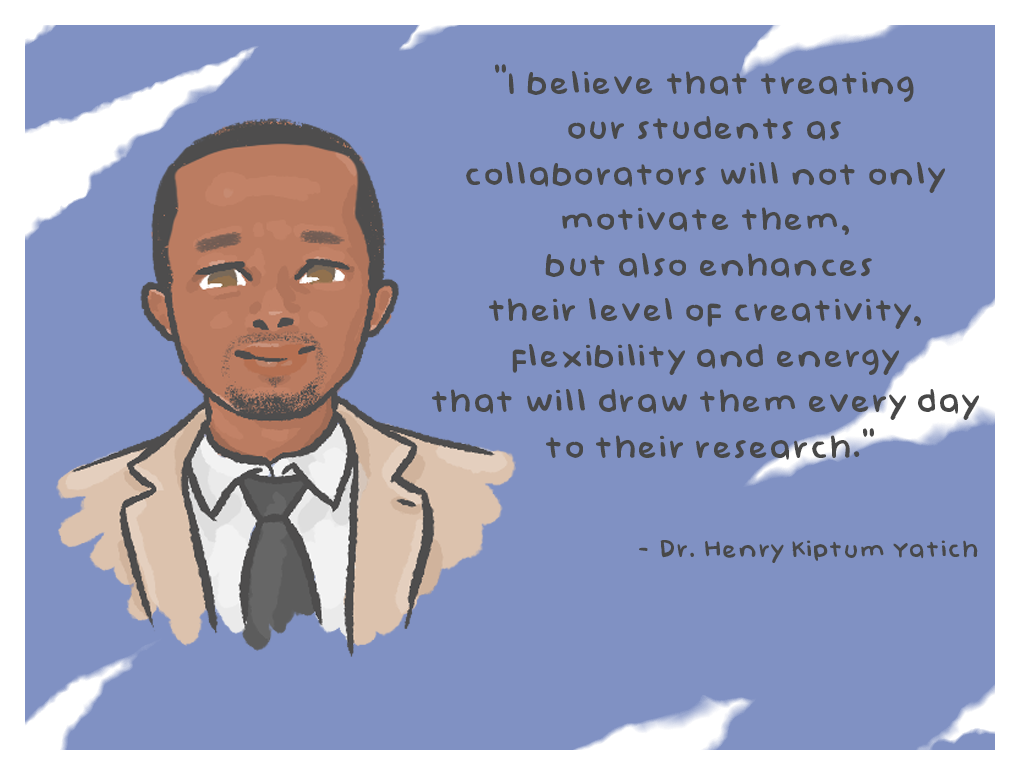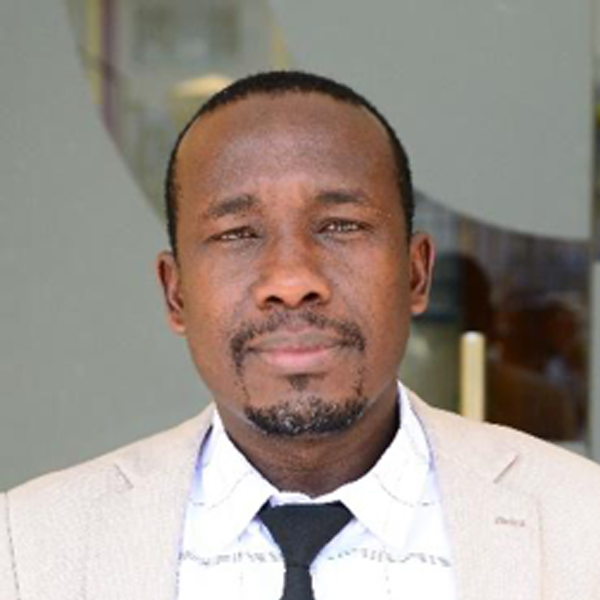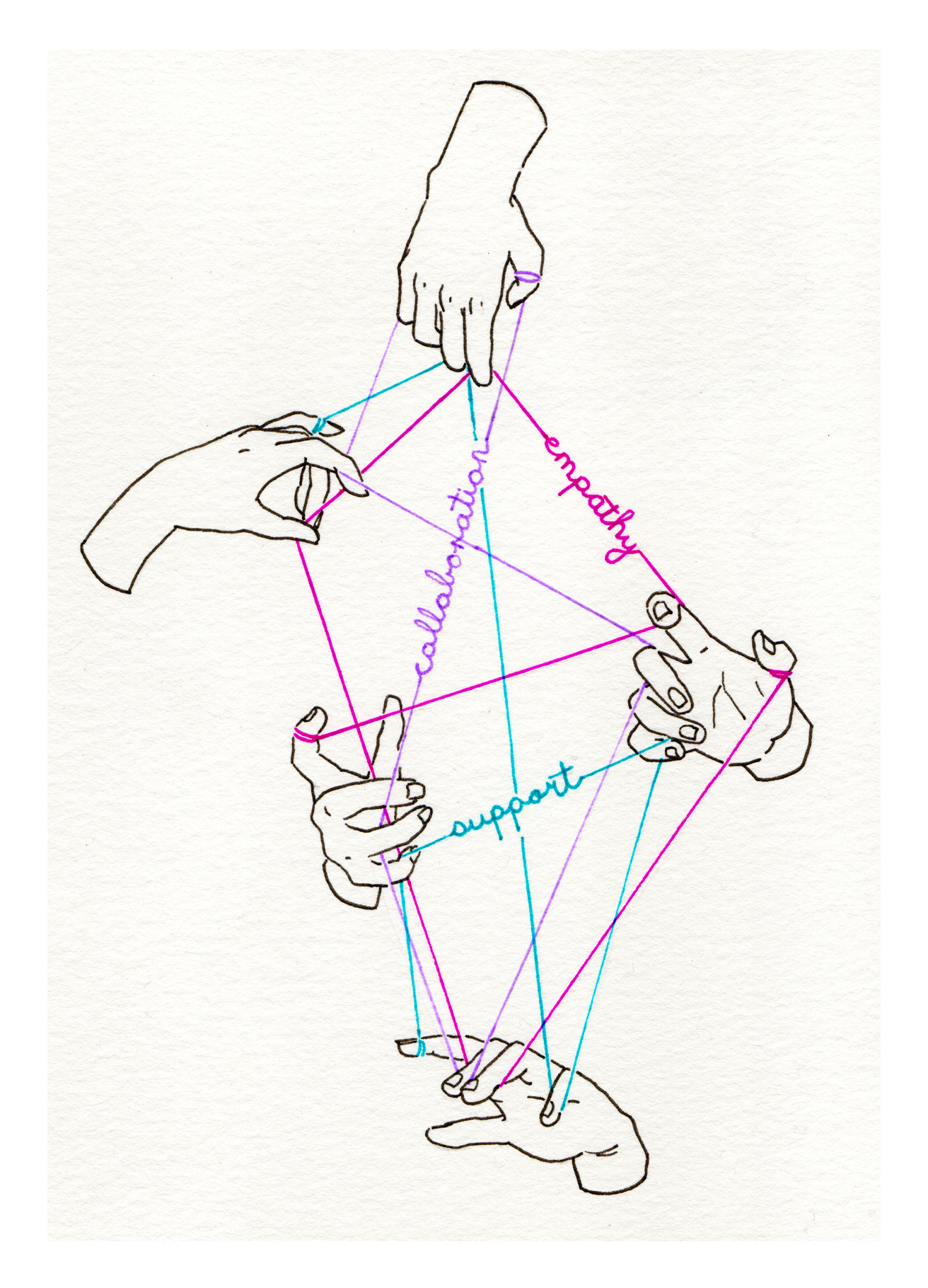Dr. Henry Kiptum Yatich applies a student-centered supervision approach shaped by his own postgraduate challenges. He values open communication, mentorship, and timely feedback to keep students motivated and productive. Reforms at Mount Kenya University have streamlined postgraduate processes, boosting support and graduation rates
Due to a negative experience with one of my lecturers during my postgraduate studies, I made a solemn promise to myself: when I have completed my Ph.D. studies and begin supervising students, I will approach the supervision task from the student’s perspective, not just my own.
This implies, asking myself, what is the student thinking about the quality of our interaction? Why did the student choose this topic? Why this research problem? Does the student value my input? Does the student only want to obtain a certificate? Does the student want to contribute to scientific knowledge?
In implementing this philosophy, I collaborate with my students as peers, also assuming the role of a mentor. In doing this, the student remains at ease and always wants to share something with me (by either phone, email, or social media channels). I allow my students to call, text, or email whenever they want when they seek support for their projects or thesis. This way, the student gets motivated to work within the timelines, knowing that he/she can count on my support anytime they are in need. In Kenya, some supervisors provide feedback at their discretion, and incessant consultation requests by students are discouraged. Students sometimes fear the repercussions, combined with the practice of favoritism and unfair treatment by some professors, which contributes to the delay in their graduation (Odhiambo, 2023). I am of the opinion that supervisors should allow students to “trouble” them whenever they want, as this allows the students to express themselves and contribute positively in enriching the quality of supervision and research output. This also promotes the production of youthful supervisors where in Kenya, the majority of the professors are above 50 years of age. This will also reduce litigation on university supervisors in the country (Muyanga, 2023).
At the outset of each supervision process, my students and I draw up a schedule of activities, timelines, and deliverables. I always make it clear to my students that with such approach he/she is able to keep in touch with his/her work and work towards timely completion and better understanding during the supervision process. We also set rules of engagement with regard to addressing all agreed recommendations and corrections arising during the supervision process. This ensures that even when addressing these recommendations, the student still has the opportunity for consultation and clarity. For example, once my student submits a progress report, I am obliged to provide feedback within 14 days. When this is not possible, we agree to extend the time for feedback.

In most cases, we have an online meeting to discuss issues of concern. Supervisors ought to explore flexible approaches of consultation, such as online meetings, using Google Docs, Dropbox, and hard copy submissions.
I believe that treating our students as collaborators will not only motivate them, but also enhance their level of creativity, flexibility, and energy that will draw them every day to their research, just like the way bees are attracted to nectar.
The doctoral journey is usually long and intense, and the programme and research are to be completed over a number of years, and often our students look up to us (supervisors) for appreciation and encouragement. During their long and intense doctoral journe,y students are often strongly sustained by unseen informal structures, social support systems and extra-curricular activities tacitly providing emotional, social, and academic support. At Mount Kenya University, we have been instrumental in reviewing procedures that postgraduate students undergo to promote an increased graduation rate. Students are now able to complete 5 key steps against the previous 8 steps by establishing a one-stop directorate (the Graduate Studies Centre of Excellence). This includes supporting supervisors as well by ensuring their honorarium is paid on time (Star Newspaper, 2023).

Dr. Henry Kiptum Yatich
PhD.Principal, College of Graduate Studies and Research, Mount Kenya University, Kenya
References
Muyanga, P. (2023, May 31). Man sues University of Nairobi don for delaying his graduation. Daily Nation. https://nation.africa/kenya/news/man-sues-university-of-nairobi-don-for-delaying-his-graduation–4251452
Odhiambo, J. (2023, August 10). Academic Clock: Age crisis of PhD graduates in Kenyan universities worrying. Citizen Digital. https://www.citizen.digital/wananchi-reporting/academic-clock-age-crisis-of-phd-graduates-in-kenyan-universities-worrying-n325258
Star Newspaper. (2023, August 23). MKU sharpens focus on graduate training, increase research funds. The Star Newspaper. https://www.the-star.co.ke/counties/central/2023-08-23-mku-sharpens-focus-on-graduate-training-increase-research-funds/


